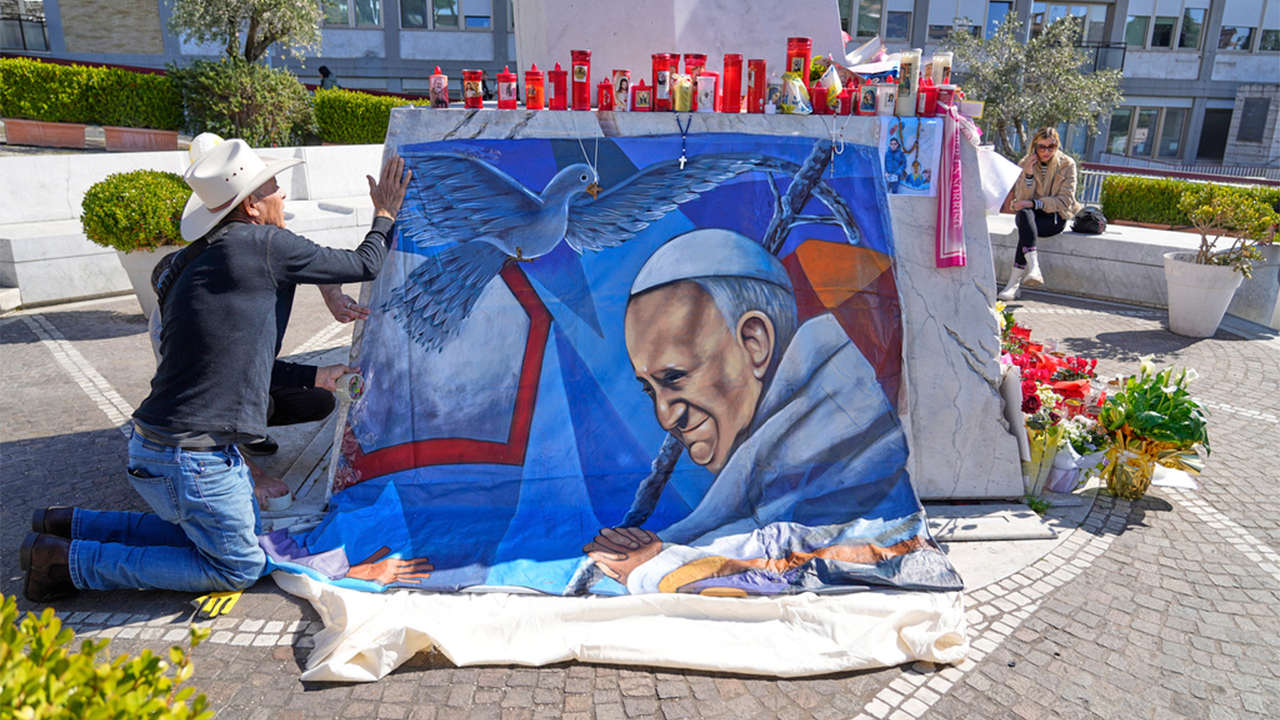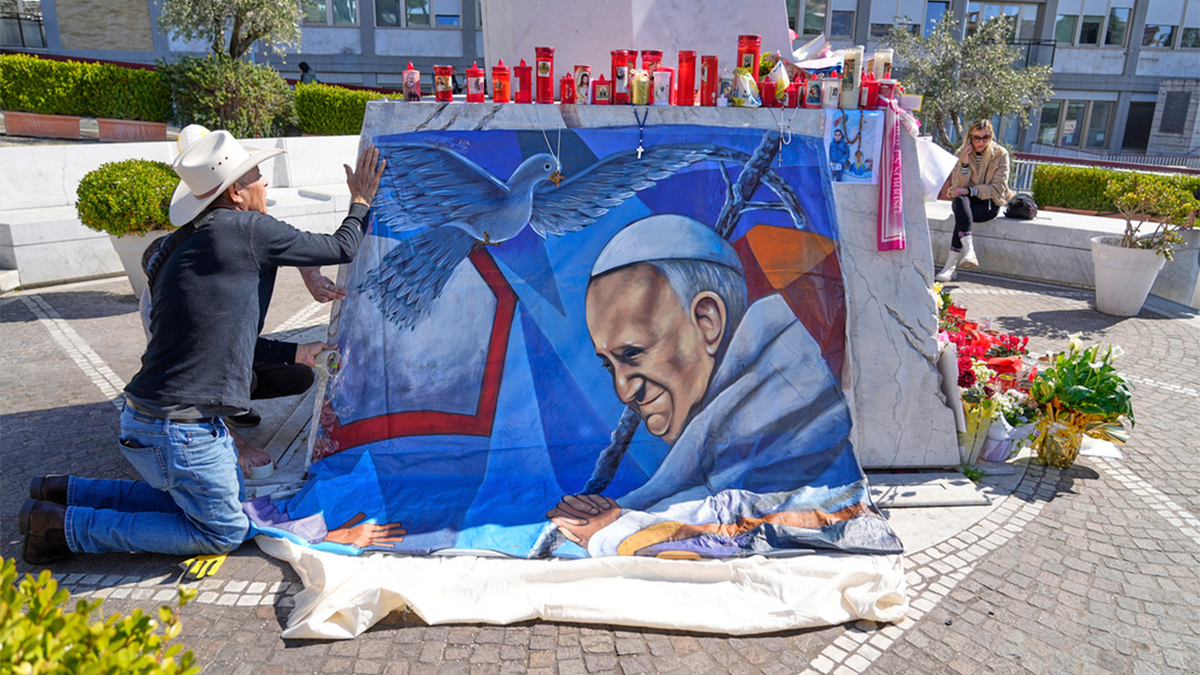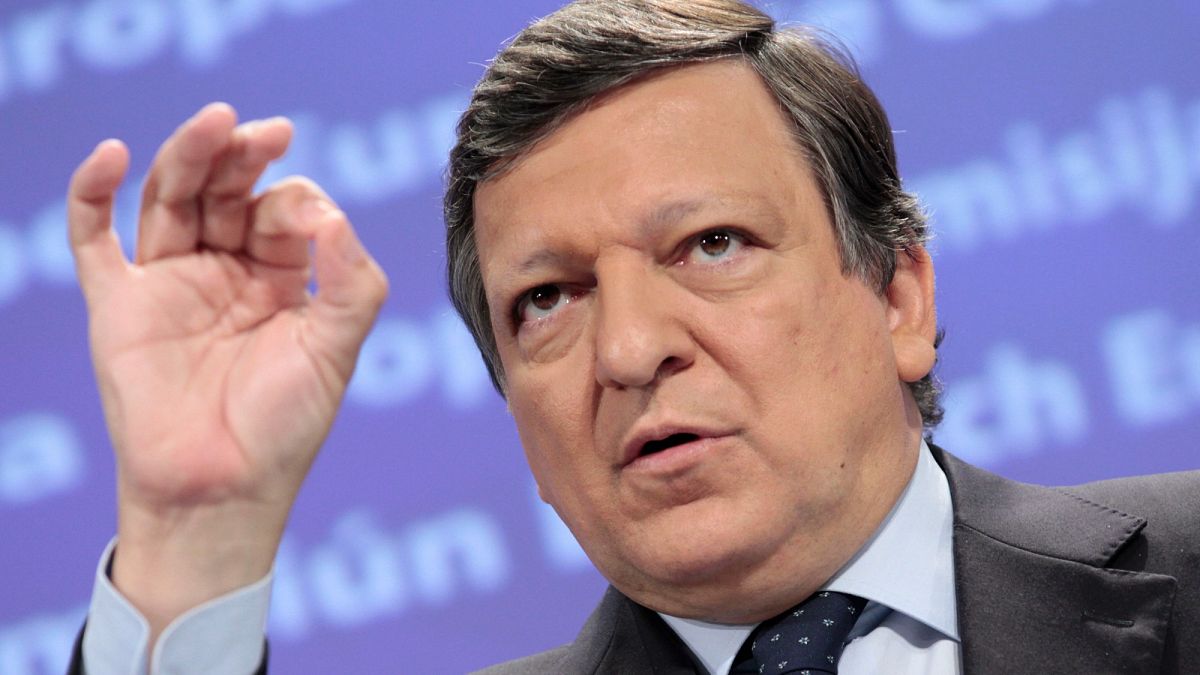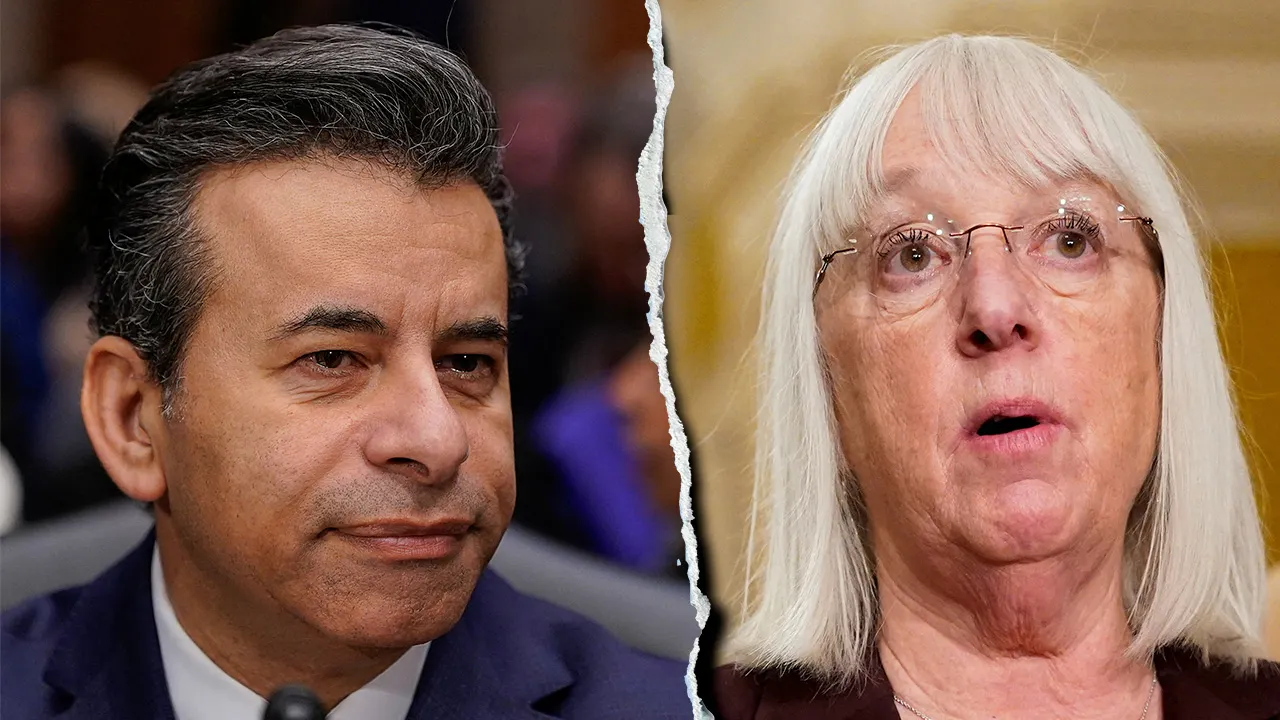World
Binance crypto exchange founder to step down amid US illicit finance probe

US authorities say CEO Changpeng Zhao pleaded guilty to breaking anti-money laundering laws.
Changpeng Zhao, founder of Binance, the world’s largest cryptocurrency exchange, has stepped down as CEO and pleaded guilty to violating anti-money laundering laws.
The deal with the United States Department of Justice (DoJ) is part of a larger settlement that involves several federal agencies and will include fees of more than $4bn, the DoJ said on Tuesday.
The announcement is the latest blow to the cryptocurrency industry, which has been marred by a series of scandals and investigations that have unearthed fraudulent behaviour by central players and firms.
Cryptocurrency has also comes under scrutiny as a tool used by illicit groups to circumvent global financial safeguards.
Zhao, a Canadian national, pleaded guilty to one count of failure to maintain an effective anti-money laundering programme.
“Binance became the world’s largest cryptocurrency exchange in part because of the crimes it committed. Now it is paying one of the largest corporate penalties in US history,” Attorney General Merrick Garland said.
This month, Sam Bankman-Fried, the 31-year-old founder of FTX, the world’s second-largest crypto exchange, was convicted of fraud for stealing more than $10bn from customers and investors.
“In just the past month, the Justice Department has successfully prosecuted the CEOs of two of the world’s largest cryptocurrency exchanges in two separate criminal cases. The message here should be clear: Using new technology to break the law does not make you a disruptor. It makes you a criminal,” Garland said.
Acting US Attorney Tessa Gorman for the western district of Washington said that because Zhao “knowingly operated a financial platform without basic anti-money laundering safeguards, the company caused illegal transactions between US users and users in sanctioned jurisdictions such as Iran, Cuba, Syria, and Russian-occupied regions of Ukraine – transactions for which Binance profited with significant fees”.
Prosecutors have said that as part of the settlement, Binance will pay fees of $1.81bn, a forfeiture of $2.5bn, and personal payments from Zhao of about $50m.
Zhao’s plea agreement also bars him from all involvement with Binance, a Cayman Islands limited liability company.
The founder has previously faced charges of diverting customer funds.
“Binance turned a blind eye to its legal obligations in the pursuit of profit. Its willful failures allowed money to flow to terrorists, cybercriminals and child abusers through its platform,” Treasury Secretary Janet Yellen said. “Any institution, wherever located, that wants to reap the benefits of the US financial system must also play by the rules that keep us all safe from terrorists, foreign adversaries and crime or face the consequences.”

World
Kelsey Grammer Slams Paramount+ for Frasier Cancellation: ‘They Didn’t Really Promote It’

ad
World
Pope Francis in stable but 'guarded' condition, according to Vatican

Pope Francis’ condition remained stable and “guarded” Thursday, a day when the pontiff did not have difficulty breathing and remained fever-free.
The pope had a “good night” and continued physical therapy at Rome’s Gemelli hospital for his third week of treatment for double pneumonia, the Vatican said Thursday.
“Today, the Holy Father dedicated himself to some work activities during the morning and afternoon, alternating rest and prayer,” the Vatican said. “Before lunch, he received the Eucharist.”
The next update will come Saturday, the Vatican said, because of his stable condition.
CHRISTIANS USE HALLOW APP’S PRAY40 CHALLENGE AMONG OTHER TRADITIONAL WAYS TO GROW CLOSER TO GOD AS LENT BEGINS
Pope Francis waves from the central loggia of St. Peter’s basilica during the Easter ‘Urbi et Orbi’ message and blessing to the City and the World as part of the Holy Week celebrations, in the Vatican on March 31, 2024. (Tiziana Fabi/Pool/AFP/Getty)
“The night passed quietly; the Pope is still resting,” the Holy See press office said earlier Thursday, adding that the Pope’s “clinical condition has remained stable for the last couple of days, and his doctors say he has not had more episodes of respiratory insufficiency.”
The 88-year-old pope, who has chronic lung disease and had part of one lung removed as a young man, has been stable for two days after suffering a pair of respiratory crises on Monday. Doctors underlined that his prognosis remained guarded due to the complex picture.
In recent days, he has been sleeping with a non-invasive mechanical mask to guarantee that his lungs expand properly overnight and help his recovery. He has been transitioning to receiving oxygen with a nasal tube during the day.
The pope on Wednesday marked the start of Lent by receiving ashes on his forehead and by calling the parish priest in Gaza, the Vatican said. He also added physical therapy to his hospital routine of respiratory therapy.
The Catholic Church opened the solemn Lenten season without the pope’s participation. A cardinal took his place leading a short penitential procession between two churches on the Aventine Hill and opened an Ash Wednesday sermon prepared for the pontiff with words of solidarity and thanks.

Girls, with ashes on their foreheads, pray during a rosary prayer for Pope Francis’ health in St. Peter’s Square at the Vatican, Wednesday, March 5, 2025. (AP Photo/Alessandra Tarantino)
On Ash Wednesday, observant Catholics receive a sign of the cross in ashes on their foreheads, a gesture that underscores human mortality. It is an obligatory day of fasting and abstinence that signals the start of Christianity’s most penitent season, leading to Easter on April 20.
The pope was supposed to attend a spiritual retreat this weekend with the rest of the Holy See hierarchy. On Tuesday, the Vatican said the retreat would go ahead without Francis but in “spiritual communion” with him. The theme, selected before Francis got sick, was “Hope in eternal life.”

Mexican painter Roberto Marquez places a painting of Pope Francis he made outside the Agostino Gemelli hospital in Rome on Ash Wednesday. (AP Photo/Gregorio Borgia)
The Associated Press contributed to this report.
World
Trump again spreads baseless claims about Trudeau, Canada’s election

US president accuses outgoing Canadian prime minister of seeking to use issue of tariffs to extend his time in office.
United States President Donald Trump has reiterated baseless claims that outgoing Canadian Prime Minister Justin Trudeau is seeking to use US tariffs against Canada to extend his time in office, as a rift widens between the two countries.
In a social media post on Thursday, Trump said he believed Trudeau “is using the Tariff problem, which he has largely caused, in order to run again for Prime Minister”.
“So much fun to watch!” the US president wrote.
The remark follows a similar post Trump shared on his Truth Social website on Wednesday, accusing Trudeau of using trade tensions as a way “to stay in power”.
“He was unable to tell me when the Canadian Election is taking place, which made me curious, like, what’s going on here? I then realized he is trying to use this issue to stay in power. Good luck Justin!” Trump wrote.
Tensions have soared between the two leaders since Trump first threatened late last year to impose steep tariffs on Canadian goods if Trudeau’s government did not do more to stem irregular migration and drug trafficking over its border with the US.
This week, the Trump administration followed through on its plans and imposed 25-percent tariffs on most Canadian imports, as well as 10-percent levies on oil and gas.
Canada responded by announcing it would be implementing 25-percent tariffs against $106bn (155 billion Canadian) worth of US goods. Tariffs on $21bn (30 billion Canadian) came into immediate effect on Tuesday.
“This is a very dumb thing to do,” Trudeau told reporters on Tuesday of the US measures, which he described as an unjustified “trade war against Canada”.
Trudeau, who has been Canada’s prime minister since 2015, is set to step down as leader of the governing Liberal Party after it chooses its next leader on Sunday.
The new leader is expected to assume the duties of prime minister after a short transition period.
Asked during a news conference on Thursday whether he would consider staying on as prime minister in a caretaker role to help manage the uncertainty surrounding US tariffs, Trudeau said: “No. I will not be.”
He added, “I look forward to a transition to my duly elected successor in the coming days or week.”
Meanwhile, some experts in Canada have said Trump’s attack on Trudeau underscores his ignorance of the country’s political system.
Stewart Prest, a political science professor at the University of British Columbia, said on social media that the US president’s remarks represent “a reckless disregard for the Canadian democratic system”.
“To be clear, Trudeau will step aside after the Liberal leadership race,” Prest wrote on the social media platform Bluesky on Wednesday.
Under Canadian electoral rules, the next federal election must be held by October 20.
But the Liberals, as the party in government, can choose to trigger a vote before then.
An election could also be called earlier if opposition parties pass a vote of no confidence in Canada’s Parliament, which is set to resume on March 24.
As it currently stands, no election date has been formally set.
“Parliamentary democracy is by design more flexible than the American presidential system, with its fixed election dates,” Prest explained.
“That’s deliberate, as it makes it much easier to get rid of a leader who is either unfit or unpopular – or both.”
Many experts have speculated that the Liberals may choose to call a vote shortly after their next leader is chosen in an effort to capitalise on a recent upswing in public support.
At the beginning of the year, the Liberals had been trailing the opposition Conservatives by as many as 26 percentage points.
But Trudeau’s decision to resign – coupled with the race to select his replacement as Liberal leader and Trump’s threats against Canada – have helped the party bounce back in the polls.
-

 Sports1 week ago
Sports1 week agoNHL trade board 7.0: The 4 Nations break is over, and things are about to get real
-

 News1 week ago
News1 week agoJustice Dept. Takes Broad View of Trump’s Jan. 6 Pardons
-

 World1 week ago
World1 week agoHamas says deal reached with Israel to release more than 600 Palestinians
-

 Science1 week ago
Science1 week agoKilling 166 million birds hasn’t helped poultry farmers stop H5N1. Is there a better way?
-

 News1 week ago
News1 week agoChristianity’s Decline in U.S. Appears to Have Halted, Major Study Shows
-

 World1 week ago
World1 week agoGermany's Merz ‘resolute and determined,' former EU chief Barroso says
-

 Technology1 week ago
Technology1 week agoMicrosoft makes Copilot Voice and Think Deeper free with unlimited use
-

 Culture1 week ago
Culture1 week agoOstriches, butt cheeks and relentless energy: How Austin Hedges became an indispensable MLB teammate
















